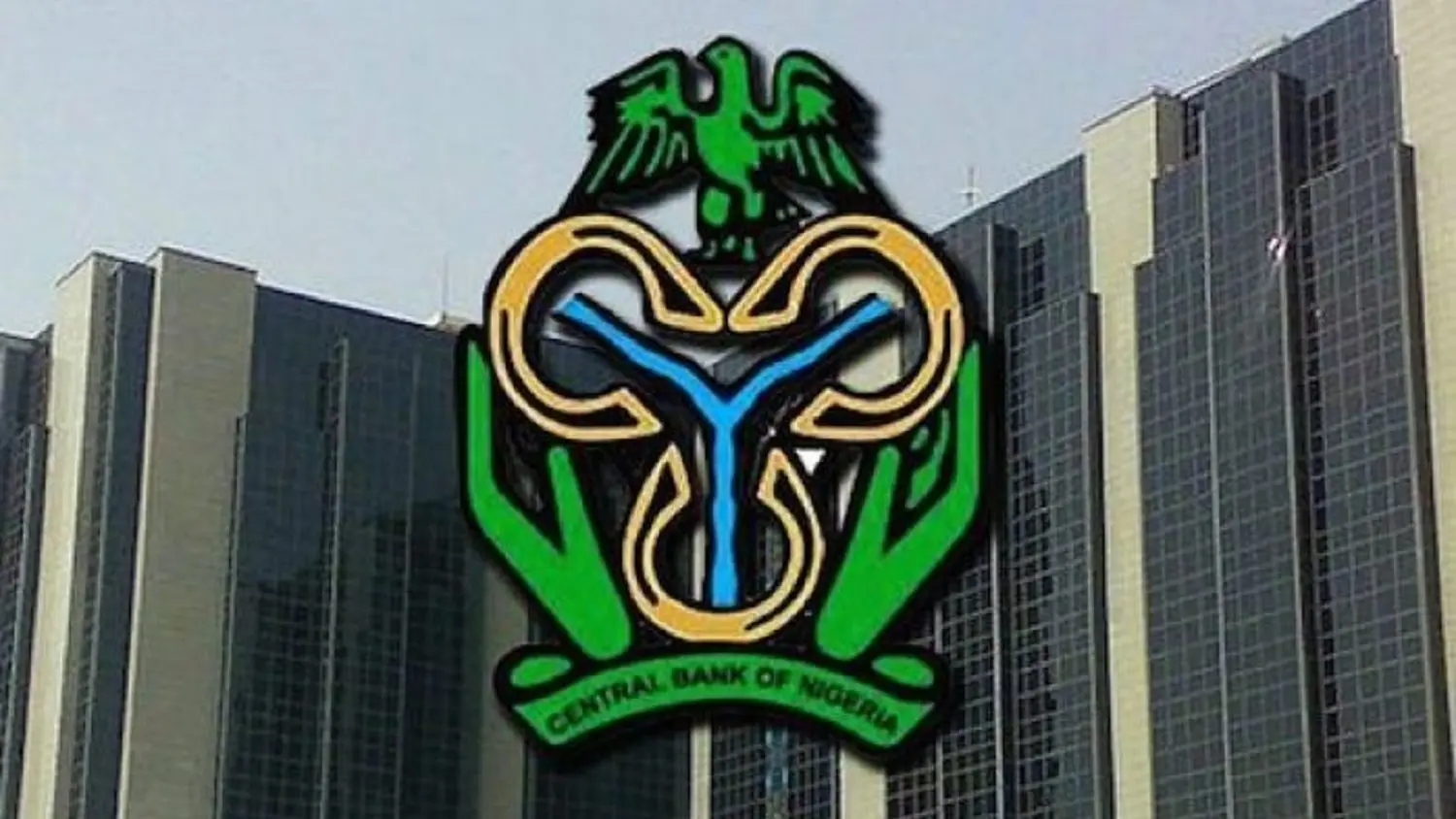Business
CBN bans use of foreign currency as collateral for naira loans

The Central Bank of Nigeria (CBN) has banned the use of foreign currencies as collaterals for naira loans.
The CBN gave the directive in a circular dated April 8, 2024, signed by its Acting Director of Banking Supervision, Adetona Adedeji, and addressed to all banks in the country.
However, the apex bank listed two exceptions to the rule as foreign currency collateral which are Eurobonds issued by the Federal Government or guarantees of foreign banks, including Standby Letters of Credit.
The circular read: “The Central Bank of Nigeria has observed the prevailing situation where customers use Foreign Currency (FCY) as collaterals for Naira loans.
“Consequently, the current practice of using foreign currency-denominated collaterals for Naira loans is hereby prohibited, except, where the foreign currency collateral is:
“Eurobonds issued by the Federal Government of Nigeria; or
“Guarantees of foreign banks, including Standby Letters of Credit
“In this regard, all loans currently secured with dollar-denominated collaterals other than as mentioned above should be wound down within 90 days, failing which such exposures shall be risk-weighted 150% for Capital Adequacy Ratio (CAR) computation, in addition to other regulatory sanctions.”
Capital adequacy ratio is calculated by dividing a bank’s capital by its risk-weighted assets.
By: Babajide Okeowo
Join the conversation
Support Ripples Nigeria, hold up solutions journalism
Balanced, fearless journalism driven by data comes at huge financial costs.
As a media platform, we hold leadership accountable and will not trade the right to press freedom and free speech for a piece of cake.
If you like what we do, and are ready to uphold solutions journalism, kindly donate to the Ripples Nigeria cause.
Your support would help to ensure that citizens and institutions continue to have free access to credible and reliable information for societal development.
























